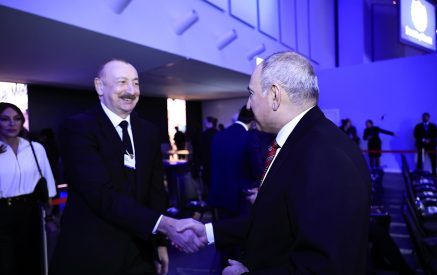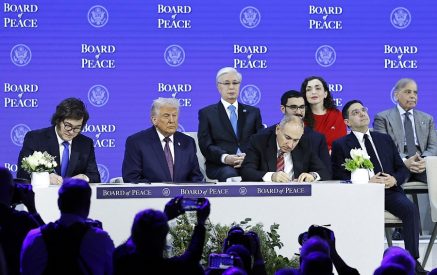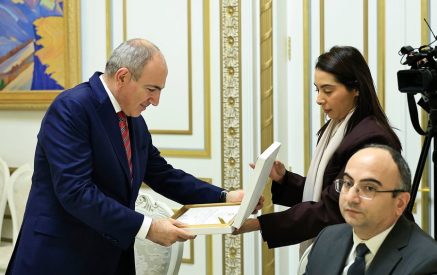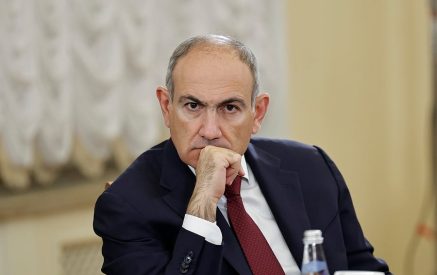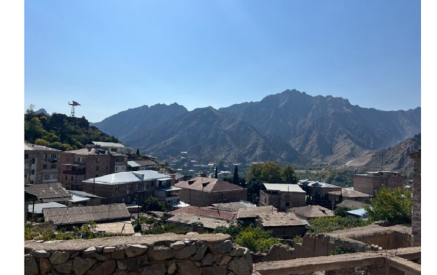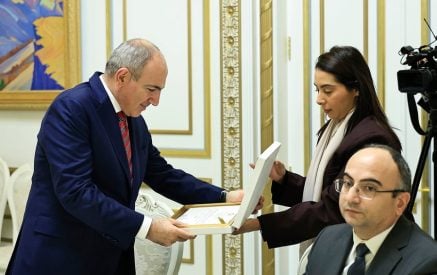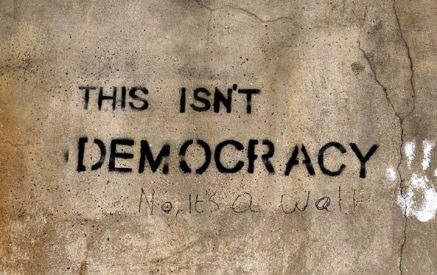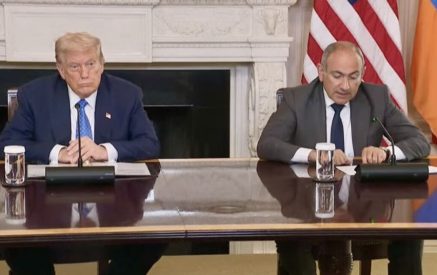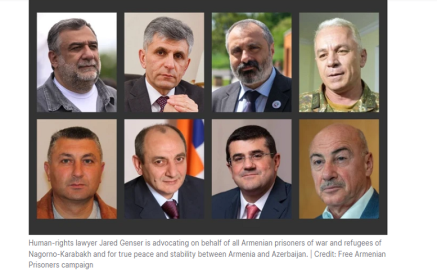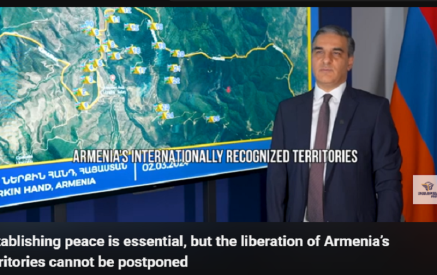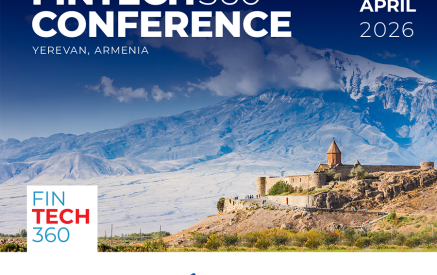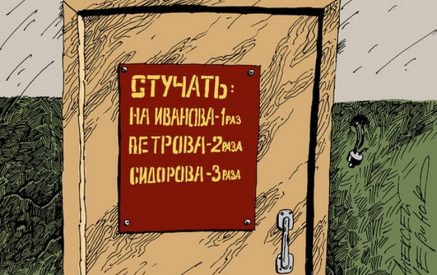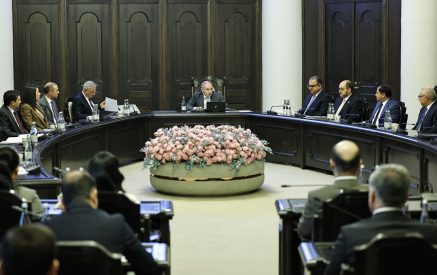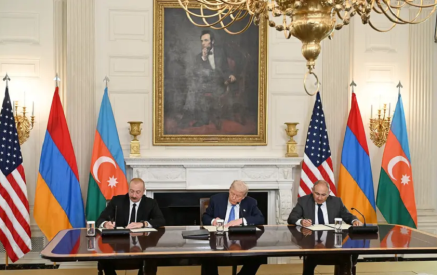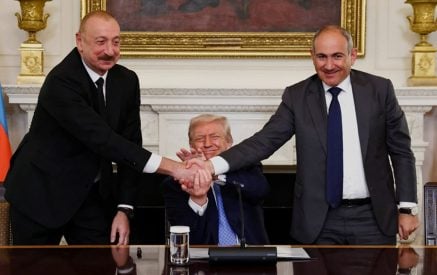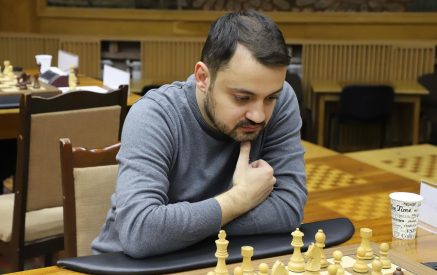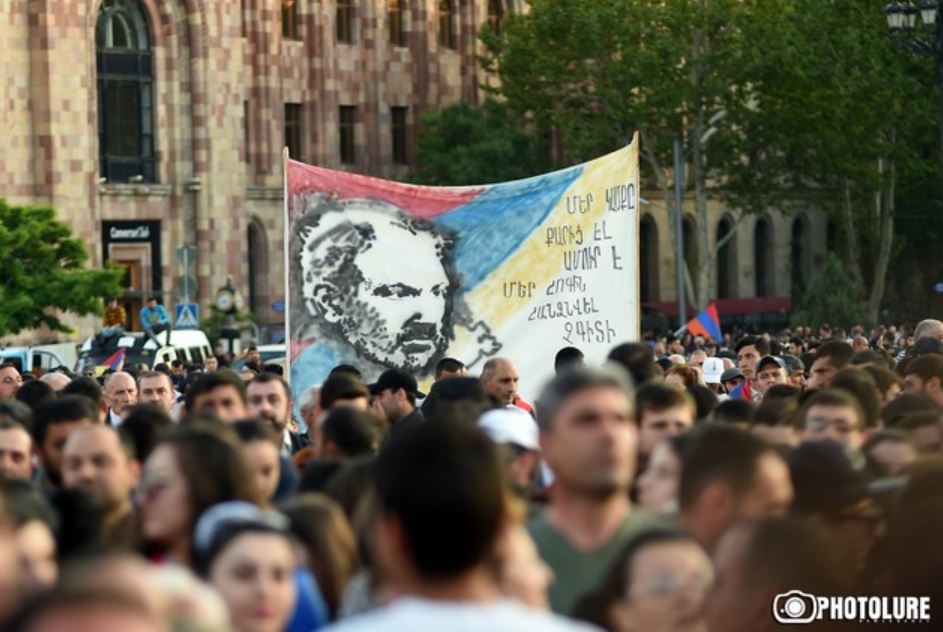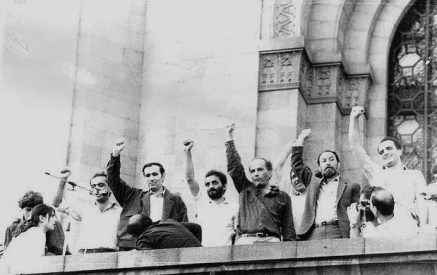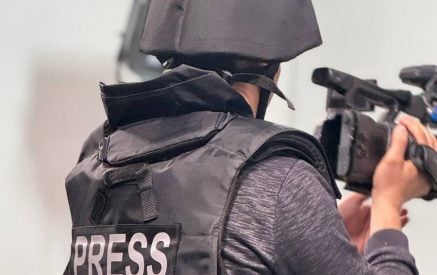We lost to authoritarian and corrupt Azerbaijan
In his message published on the occasion of the so-called “Citizen’s Day,” Prime Minister Pashinyan stated: “This disaster came as a result of many years of not having democracy, legality, free civil debate.” It is clear that by “disaster,” the Prime Minister means the defeat in the war and the events that followed and continued. To put it more simply, we lost the war in 2020 because the regime of our state was not democratic until 2018.
It is a fallacy, which is easily refuted by the following fact. There was no democracy, legality, or free civil debate in Azerbaijan. In that sense, not only after 2018 but also before, our two countries have no comparison. However, in the war of 2020, Azerbaijan won, and we lost.
Moreover, even after the war, Azerbaijan, despite all agreements and international norms, continues its aggression against Armenia, and this brazen behavior does not meet the resistance of democratic countries. It seems that the United States and the European Union should have encouraged and supported the “excellence” of democracy (i.e., us) and defended Armenia with “legality and free civil debate” from dictatorial Azerbaijan. But this did not happen, from which it can be concluded that democracy, in this sense, has no price, and it cannot be “sold” to anyone.
Read also
In 2018-20, the Armenian government believed that relative democracy gives our country an advantage over Azerbaijan. Let me remind you that, in particular, during 2018, Pashinyan put forward the demand (almost a precondition) for Nagorno Karabakh to return to the negotiation table, justifying it with a “democratic” argument: I am elected by the people of Armenia and can only represent Armenia. Apparently, that argument was unacceptable to the diplomacy of the democratic USA and France, and authoritarian Russia.
Let me quote a paragraph from the article by Hovhannes Nikoghosyan and Vahram Ter-Matevosyan, the title of which says a lot, from “revolution” to war, deciphering Armenia’s populist foreign policy”. “Despite obvious signs of brewing problems (such as Azerbaijan’s once-denied advance on Nakhichevan) and making no attempt to resume meaningful negotiations, Pashinyan continued to rely on his democratic invincibility, thinking the world would not allow a war against a democratic country. Pashinyan liked to repeat. “Any attempt to resolve the conflict by military means attacks democracy, human rights, and peace.”
That, as we have seen, was a miscalculation. The political regime has little to do with foreign policy, diplomacy, and military potential. Once, the democratic USA attacked Iraq exactly like Russia attacked Ukraine. Saudi Arabia is the United States’ closest ally in the Middle East. EU countries have much closer economic relations with Azerbaijan’s authoritarian and corrupt authorities than with our “angels.” A separate question is whether democracy in Armenia is really and whether free elections are enough for that?
Aram ABRAHAMYAN
“Aravot” daily newspaper, 03.05.2023




